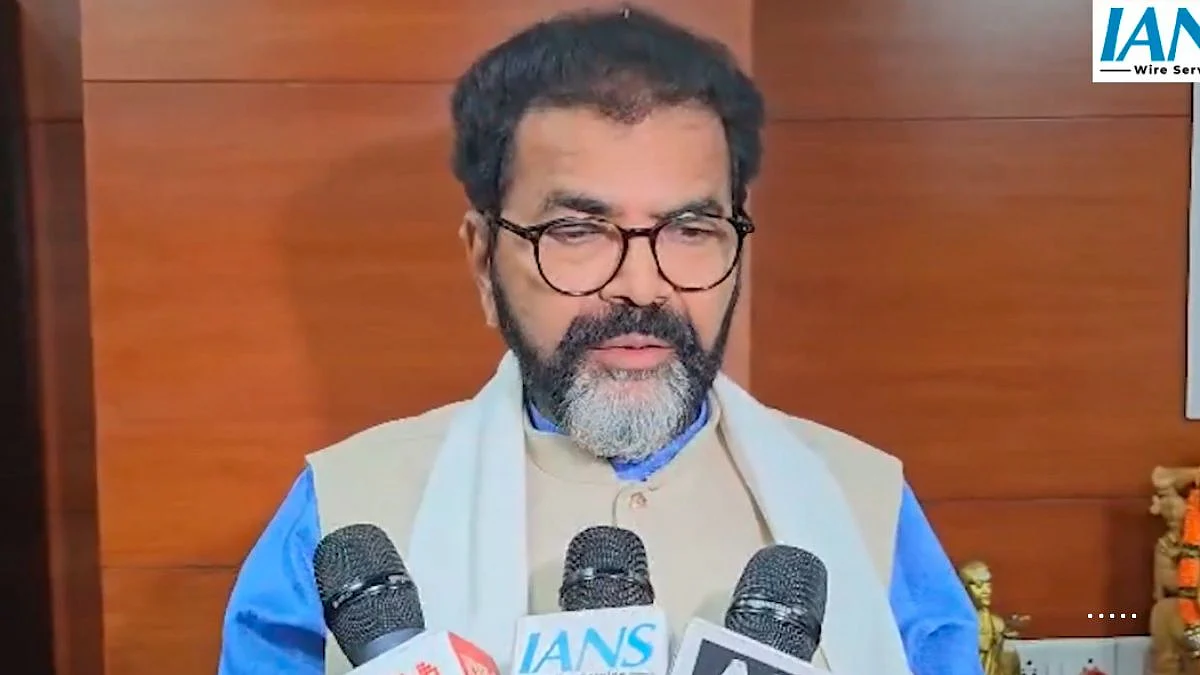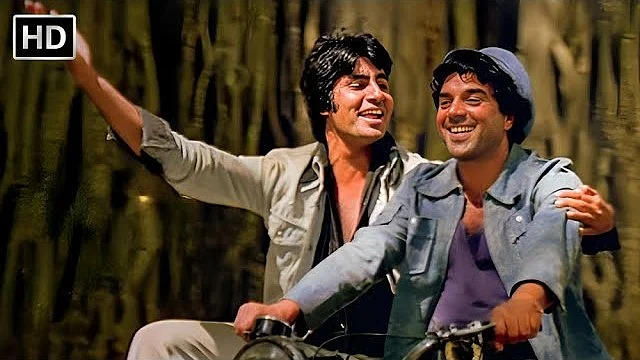My previous column summarized the 2024 Free to Think report, which highlighted the worsening plight of scholars worldwide. In several countries, state and private security forces have violently suppressed student protests over education, politics, and societal issues.
In Ethiopia, police beat students protesting a university’s refusal to offer additional courses disrupted by conflict. Sri Lankan students protesting the approval of private medical universities faced tear gas and water cannons. In Mauritania, police attacked students demanding better housing, transportation, and fairer scholarship policies.
Protesting students often faced severe repercussions, including suspensions, expulsions, and campus bans. In Morocco, 15 students were suspended for two years for peacefully boycotting classes to protest reducing medical studies from seven to six years, fearing it would lower educational standards. In Turkey, Boğaziçi University suspended 16 students and revoked their campus access for protesting faculty restructuring. A German student was barred from attending a talk by Israel’s ambassador after liking a social media post encouraging a boycott of the event.
Around the globe, universities and governments implemented restrictive policies to curb students' rights to protest and participate in campus politics. Many such measures followed protests over Israel’s actions in Gaza but were broadly applied. These policies, often vague, non-transparent, and introduced without consultation, required students to seek advance permission for protests.
In Australia, the University of Melbourne banned protests without prior notice and deployed surveillance technology to identify protesters. In Namibia, the University of Namibia prohibited all political activities on campus. Meanwhile, some protests turned violent. In Canada, pro-Palestinian and pro-Israeli groups clashed at Concordia University.
Other incidents caused significant harm to academic freedom and the academic community. In Gaza, Israeli air and ground strikes destroyed thousands of buildings, including universities. In November 2023, Israeli forces targeted Israa University, alleging it harbored Hamas fighters. They occupied the university for two and a half months, using it as a military base and detention center before demolishing it with landmines. In the West Bank, Israeli forces damaged infrastructure at Palestine Technical University and Birzeit University.
In Myanmar, the military junta stationed forces on campuses. In Ukraine, ongoing Russian airstrikes have destroyed numerous higher education institutions. During the reporting period, events like lectures, seminars, and conferences were frequently canceled under community or governmental pressure in countries such as the United States, Malaysia, Singapore, and India.
Governments worldwide increasingly used regulatory powers to stifle academic freedom in higher education. These tactics included banning subjects outright, undermining university autonomy, and enacting laws that curtail free speech and international collaboration.
In the United States, state authorities undermined university autonomy through executive orders, legislation, and budget cuts. Many states targeted diversity, equity, and inclusion initiatives. For example, Indiana’s new law replaces diversity statements with “neutrality” statements, allowing tenure decisions to hinge on political rather than disciplinary criteria. In Idaho, budgets deny state funding to diversity offices. Texas enacted executive orders to restrict political speech, particularly criticism of Israel.
In Nicaragua, a new law stripped universities of autonomy over curricula, hiring, and other core functions. In China, the Communist Party imposed new restrictions on academic dissent.
Concerns over foreign espionage prompted some governments to introduce policies curbing international research collaborations. Many North American and European universities cut ties with Chinese scholars in response. Rising concerns over research security have exacerbated these restrictions. In February 2024, Australia’s foreign minister urged 30 universities to sever research ties with Iranian institutions, citing human rights violations and security risks. Russia similarly cracked down on institutions collaborating with the United States and Europe.
These measures collectively foster a climate of fear, self-censorship, and governmental control over academia. They erode academic freedom, discourage intellectual exploration, and push higher education into an illiberal straitjacket.
Postscript: According to the 2024 Academic Freedom Index, India’s ranking has fallen to its lowest since the 1940s. It now sits in the “completely restricted” category, where limitations on academic freedom span all disciplines.
Vrijendra taught in a Mumbai college for more than 30 years and has been associated with democratic rights groups in the city










